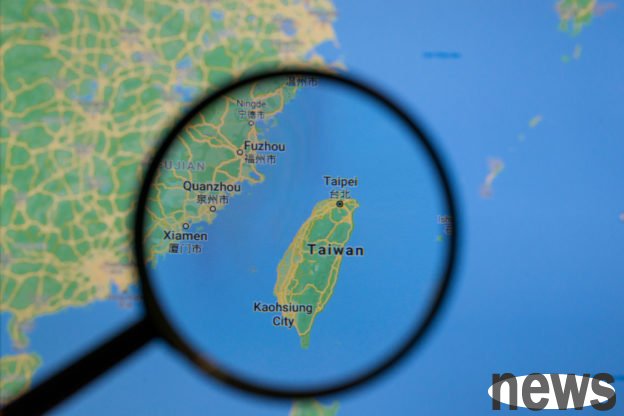
The Chairman of the National Science and Technology Council, Wu Zhiwen, said today that Taiwan will help the world establish a democratic semiconductor supply chain, play the role of a catalyst, and create communism through cooperation rather than replacing other countries or stolen businesses; at the same time, it hopes to inject budgets into the development of other domestic industries and create greater value.
In addition, he mentioned that the National Science and Technology Association will lead the way to encourage students to conduct new nuclear energy research, including reducing nuclear waste materials and ensuring safety.
Taiwan Yushan Science and Technology Association and KPMG Anhou Construction Cooperative Office jointly organized the "2025 Yushan Anhou Forum: Analysis of Global Semiconductor Industry Chain". Wu Yanwen, Tong Ziqin, Chairman of the Yushan Science and Technology Association, and others attended the speech.
Wu Zhiwen said that in the past, the outside world believed that Taiwan was just a country made by OEM, but in recent years, European and American countries have learned that without Taiwan, innovation would not be implemented. President Feng Qingte also emphasized that Taiwan should help the world establish a democratic semiconductor supply chain. At the same time, it encourages domestic industries to base themselves in Taiwan and deploy globally. With the assistance of the government, it will form a national team to fight the international cup to create stronger power.
Wu Zhiwen pointed out that Taiwan can influence the direction of the world in the semiconductor field, occupy a key position, and play the role of Enabler, just like a catalyst, making things more successful. However, Taiwan does not want to replace any country, or destroy markets and businesses, but hopes to cooperate, share prosperity, and use the strength of the technology industry to make Taiwan's security and energy more protected.
Wu Yanwen said that Taiwan has a strong semiconductor industry, which can drive the overall supply chain and drive various AI applications. If we want to maintain this honor, we cannot rely solely on existing semiconductors, but we must allow other industries to develop together and allow GDP to grow. This is why the government has compiled more budgets and hopes to create greater value through budget injections. He hopes that the Legislative Yuan can recognize this vision.
At the same time, he pointed out that the China Science and Technology Association will continue to use the four major development strategies of "optimal extension, international expansion, application innovation, and continuous adaptability", so that Taiwan will maintain a key position in the process of global semiconductor supply chain reorganization, and provide the world with stable and reliable high-tech products and solutions.
Talk about the discussion and the boy boy mentioned that Taiwan should promote the development of pure energy. Wu Zhiwen said that Taiwan needs to invest in related research and development, such as new nuclear energy technology, including how to improve efficiency, reduce nuclear waste, and ensure safety. The world is also working hard to research. There is still a lot of room for exploration in related scientific and technological development. "The government will definitely invest in research work first." The National Science and Technology Association will also lead the way to encourage students to do it, and make scientific evidence very accurate, which will alleviate the doubts of the people.
In addition, Chen Junguang, chairman of KPMG Anhou Construction, said that semiconductor industry is highly complex and relies on detailed division of labor and cross-border cooperation. As a key role in the global semiconductor industry chain, Taiwan must master advantages in changing situations and find opportunities in risks; according to KPMG's "2025 Global Semiconductor Industry Survey", the biggest challenges for enterprises in the next three years include landlordism, tax-related strategies and talent risks. Therefore, when enterprises face technical export controls, regional production layout, short-term development and trade policies, they need to be more confident and forward-looking.
